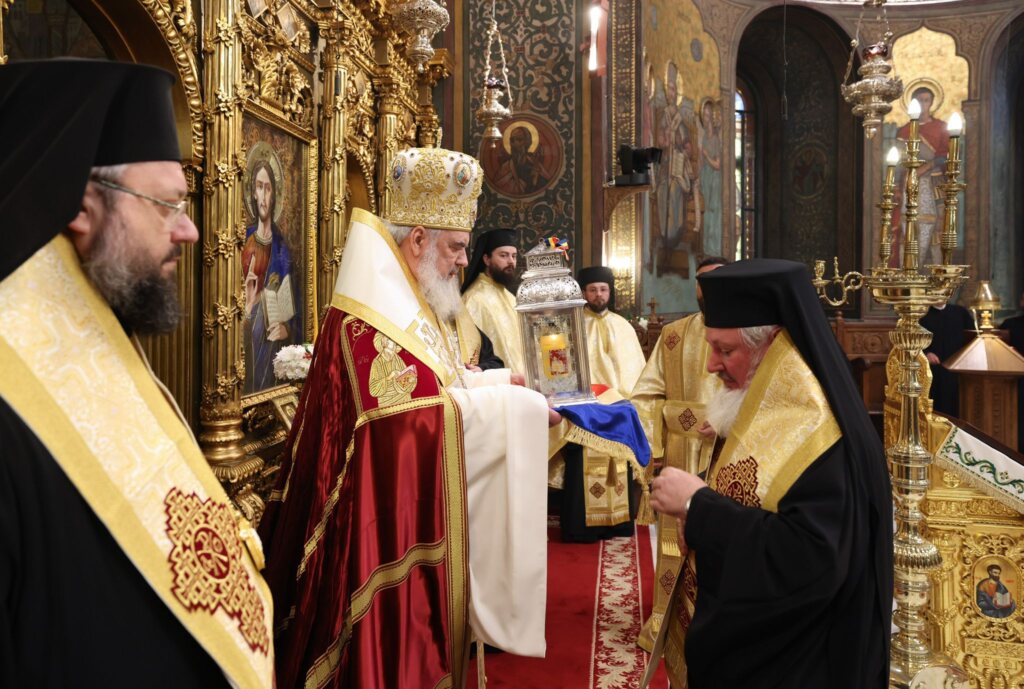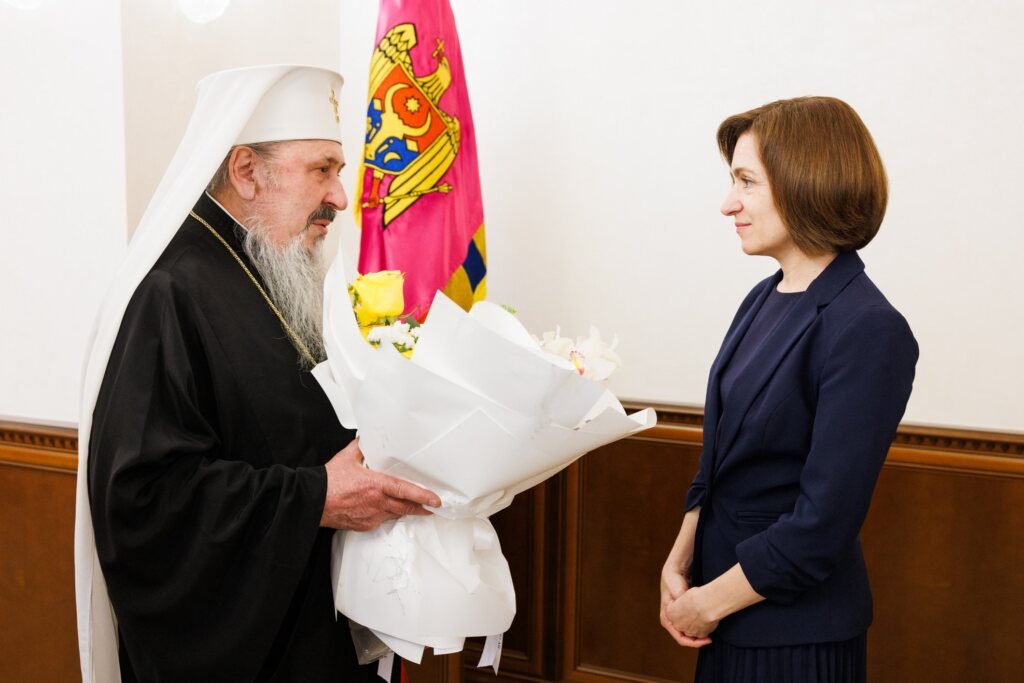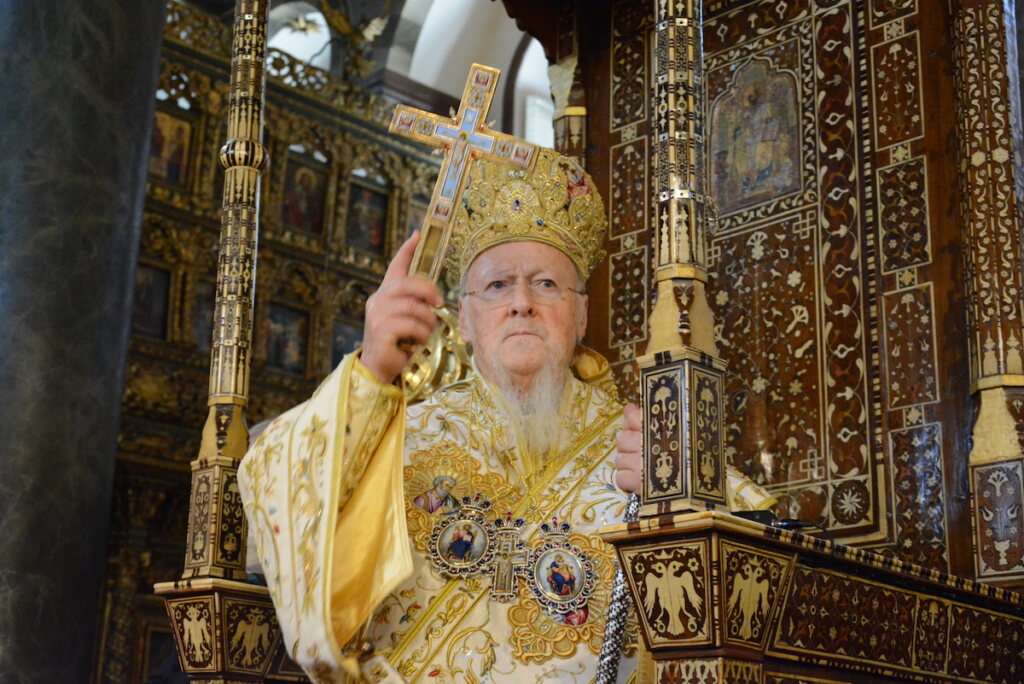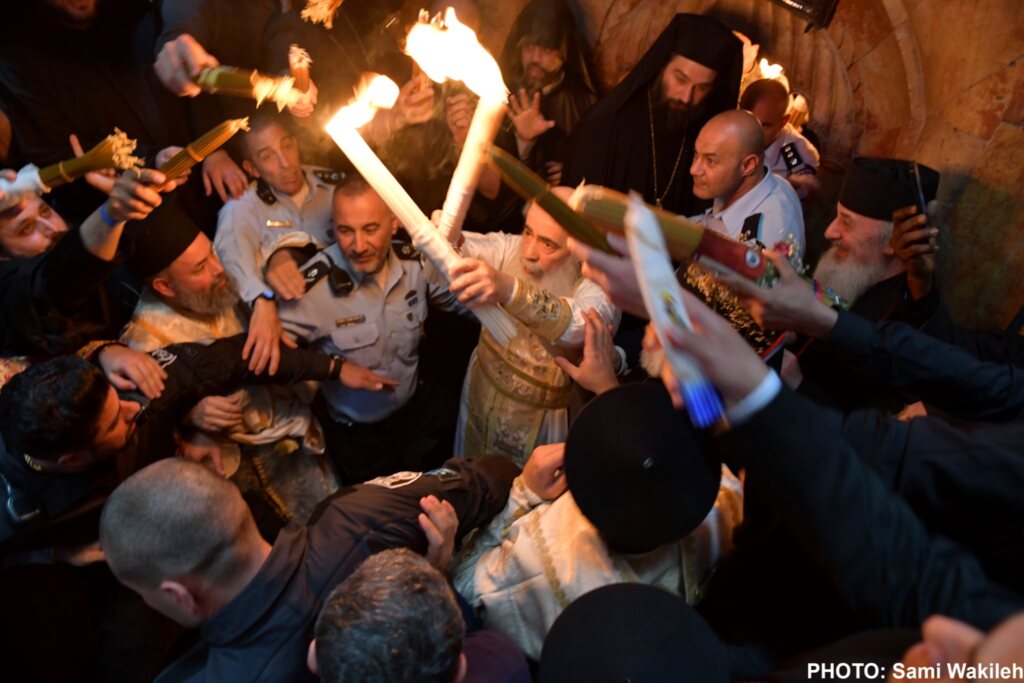Today, 18 January 2015, the Orthodox Church is on the 29th Sunday after Pentecost. Today, the evangelical pericope of Saint Luke 17:12-19 presenting the healing of the ten lepers was read in all the places of worship of the Romanian Patriarchate. His Beatitude Daniel, Patriarch of Romania delivered a sermon in the chapel dedicated to Saint Gregory the Enlightener of the Patriarchal Residence, in which he showed the teaching of the evangelical fragment.
“When Jesus Christ, our Saviour, meets the ten lepers, who were waiting rather to die than be integrated in the society, He understands their sufferance, isolation, and humiliation, has mercy for them and sends them to show themselves to the priests. They were full of hope to be healed and be in good health again. While they were walking on their way they were suddenly cleansed. Very significant in today’s gospel is the fact that the Saviour does not tell the lepers: “Be healed” or “Be made clean”, neither does He ask them: “Do you have faith?”. Jesus does not ask them to confess their faith in public, neither does He tell them: “Be made clean!”, as He told a leper (Luke 5:12-14), but He only sends them to accomplish a command of the Old Law, compulsory for all those who were suffering from leprosy. Why did He act in such an unusual way? Christ, our Saviour, showed in this way both His lowliness, applying the Law of Moses, and His respect for the people’s freedom to be grateful or not to God and to their fellow beings who helped them in hard cases. Certainly, Christ could have healed the ten lepers right away, only saying a word for them to be in good health again. But in order to have the cleansed ones recognised as such even by the priests who did not love Jesus and be integrated in community, He sent the lepers to show themselves to the priests, according to the Law of Moses. And the ten lepers cleansed really hurried to show themselves to the priests in order to be accepted among the healthy people. But they were in such a hurry to show themselves to the priests that they forgot to glorify God and thank Jesus who healed them, in fact, as soon as He sent them to show themselves to the priests”, His Beatitude said.
Gratitude, as state of lowliness and good health of the soul
“Why did Jesus Christ, our Saviour, expect the other lepers healed to show gratitude? Why did He ask: “But the other ten, where are they?” (Luke 17:17). Certainly, Jesus did not need their gratitude, neither their praise, because He healed them out of merciful devoted love, not to be praised. But Jesus teaches us, through His question and reproaching attitude that if the man who was helped does not thank, he is in an unnatural, unworthy and unhealthy spiritual state. In other words, gratitude must be the most natural feeling of human dignity for the good things received from somebody else. Therefore, the lepers healed should have glorified God first – the source of life and healing – and thank Jesus who chose to help them, and then go back to their community. The nine lepers who do not thank for their healing forgot too soon the good done to them, the state they were in before being healed, and now they forget that the good health they received it is a gift of God, not their own merit”, the Primate of the Romanian Orthodox Church has also underlined.
When man does not thank for the boons received, he decays spiritually and is dehumanised
The Patriarch of Romania has also explained the fact that: “Today’s Gospel shows us that man is really human, namely a reasonable and relational being, when he is grateful to God and to the people for the gifts and boons received. Faithful dignified man always thanks God for living God’s creation, namely for using air, water, earth, sunshine and everything God made to maintain life. Man must also thank the people who help him because gratitude is the light of life in communion of spiritual values. When we do not thank God even for the help received from Him to save our life, we are completely dehumanised. Therefore, today’s Gospel calls us to be permanently humanised, to become more human, thanking God for His boons and thanking the people through whom God works our healing from disease or our getting rid of a difficult situation. Through thanksgiving and gratitude we spiritually grow in relation with God and our fellow beings. It is not God who needs our thanksgiving, but we need to thank God and the humans in order to spiritually enrich ourselves in holy devoted love. Unless we thank God and the humans we interrupt or weaken the communication and communion with God and our fellow beings, we become spiritually poor, and enclose ourselves in self satisfaction or selfish possessive self-sufficiency. Because man was created in the image of the Holy Trinity, of the eternal communion of life and love, he spiritually grows only in the state of communion”.
“On this Sunday of the Gospel of the healing of the ten lepers we are called to show gratitude, to say thanksgiving prayers to the Most Holy Trinity for the gift of life, for good health and for all the help received in our life. More exactly, today’s Gospel calls us to thank our biological parents who grew us up, our educators, teachers, professors and father confessors who formed us intellectually and spiritually, all those who helped us at time of disease, and strengthened us when we were weak. In other words, let us thank all those who convey us the blessing and love of God for us through words and deeds, for the glory of God and our salvation! Amen!”, said His Beatitude Patriarch Daniel.
Next Sunday, the Orthodox Church will be on the 32nd Sunday after Pentecost, or of Zacchaeus.






